Our Team
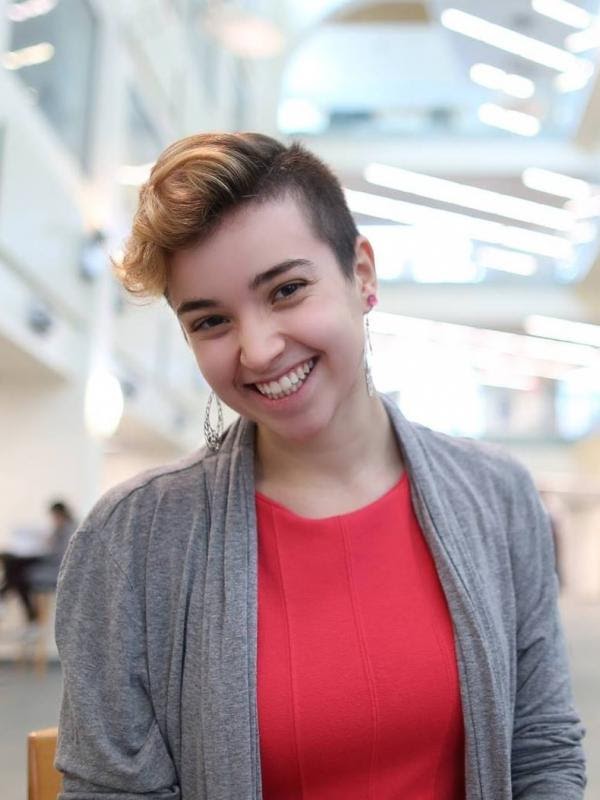
Anna Voelker is the founder and Executive Director of the SciAccess, Inc., an international nonprofit organization that promotes disability inclusion in STEM education, outreach, and research. Through SciAccess, Anna leads numerous science accessibility programs, including Mission: AstroAccess and the annual SciAccess Conference, which unites an international audience with a shared passion for science equity.
Anna specializes in accessible science outreach for diverse audiences and is passionate about making STEAM (science, technology, engineering, arts, and mathematics) accessible to all, as detailed in their 2017 TEDx Talk. Anna is an avid public speaker and has given over 50 presentations on space science accessibility across 4 continents. In 2021, Anna hosted a live NASA event where astronauts on the International Space Station (ISS) answered questions from students with disabilities. This was the first ISS event to feature American Sign Language in over a decade. Anna was named a 2018 Brooke Owens Fellow, 2021 Future Space Leader, and previously worked at NASA Kennedy, NASA Goddard, the Space Telescope Science Institute, the Ohio State University Department of Astronomy, the International Astronomical Union’s Office of Astronomy for Development, and the Aerospace Corporation.
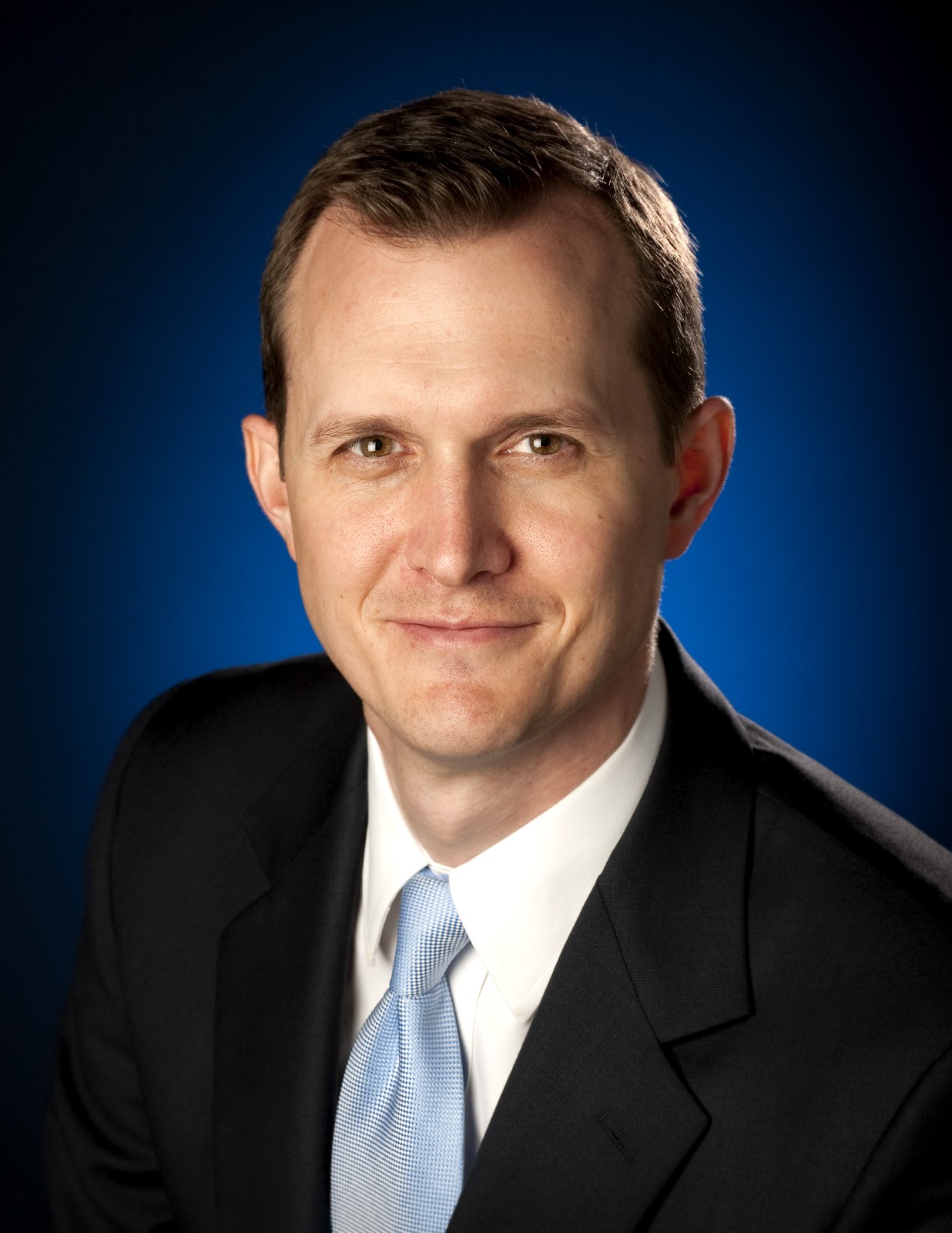
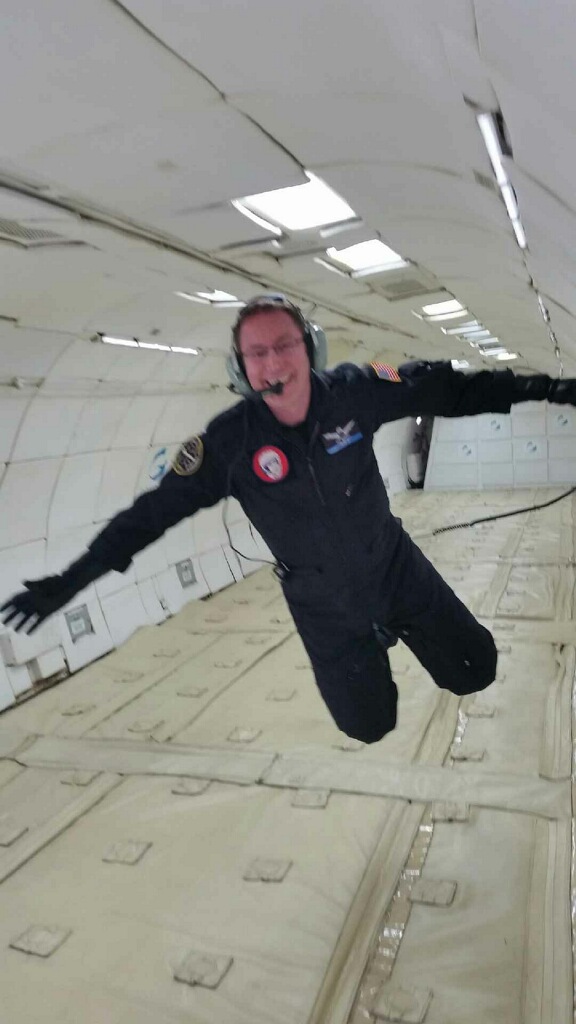
Tim Bailey is a catalyst, working in various fields to initiate and accelerate opportunities. For the past 18 years he has been a a part-time Flight Attendant with the Zero Gravity Corporation, racking up over 7,500 parabolas across more than 350 flights. He also serves as Executive Director and Board member for Yuri’s Night, the global nonprofit organization supporting grassroots celebrations on the anniversary of human spaceflight, April 12. Tim has also worked on projects with various agencies including NASA, DARPA, the Department of Energy, and the White House Office of Science and Technology Policy (OSTP). He is a graduate of Embry-Riddle Aeronautical University and proud father of two adventurous kids.
Back to top
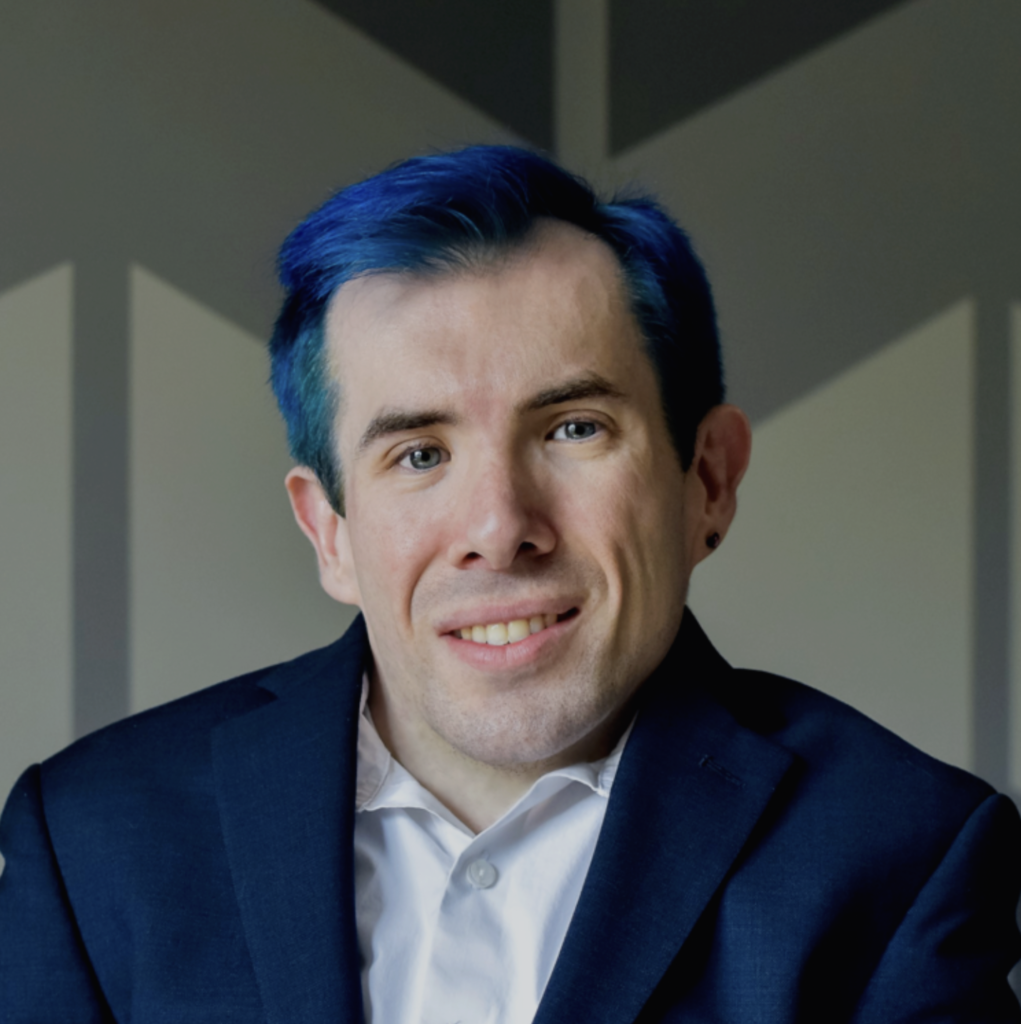
Back to top
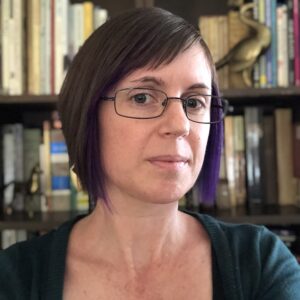
Back to top
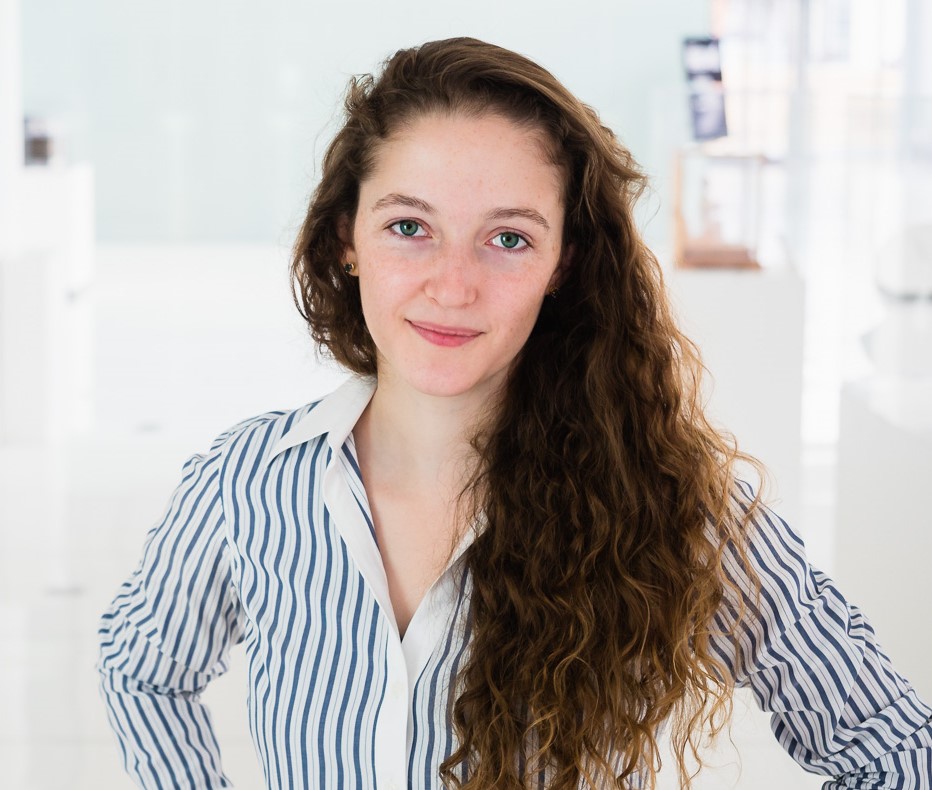
Dr. Ariel Ekblaw is the founder and Director of the MIT Space Exploration Initiative, a team of over 50 graduate students, staff, and faculty actively prototyping the artifacts of our sci-fi space future. Founded in 2016, the Initiative includes a portfolio of 40+ research projects focused on opening access to life in space, and supports an accelerator-like R&D program for payload development and flight testing across MIT and many outreach communities. For the Initiative, Ariel drives space-related research across science, engineering, art, and design, and charters an annually recurring cadence of parabolic flights, sub-orbital, and orbital launch opportunities. Ariel graduated with a B.S. in Physics, Mathematics and Philosophy from Yale University and designed a novel space architecture habitat for her MIT PhD in autonomously self-assembling space structures. Her research work and engineering lab builds towards future habitats and space stations in orbit around the Earth, Moon, and Mars. Ariel’s work has been featured in WIRED (March 2020 cover story), MIT Technology Review, Harvard Business Review, the Wall Street Journal, the BBC, CNN, NPR, PRI’s Science Friday, IEEE and AIAA proceedings, and more. Ariel serves on the NASA Lunar Surface Innovation Consortium (LSIC) Executive Committee, guiding and shaping the coming decade of burgeoning activity on the moon, and is the author/editor of the forthcoming "Into the Anthropocosmos: A Whole Space Catalog from the MIT Space Exploration Initiative" with MIT Press (September 2021). Ariel has had the rare honor and pleasure of working directly on space hardware that now resides on the surface of Mars. Humanity stands on the cusp of interplanetary civilization and space is our next, grand frontier. This opportunity to design our interplanetary lives beckons to us—Ariel strives to bring our space exploration future to life.
Back to top
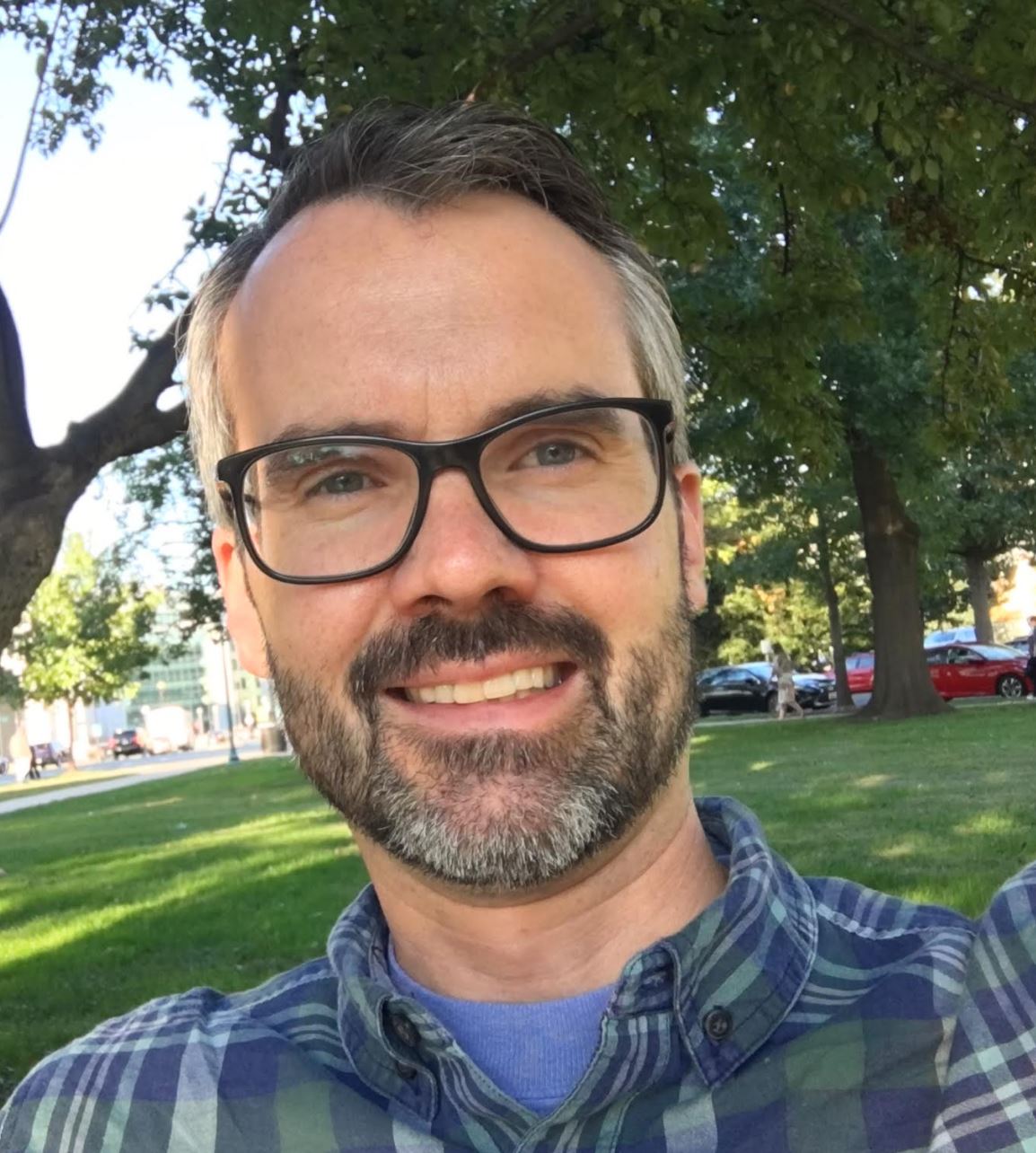
Dr. Daniel J. Lundberg is a Deaf professor of chemistry and the director for both the Biology and Chemistry & Physics Programs at Gallaudet University. After becoming deaf from spinal meningitis at the age of 15 months, his family and educators worked hard to ensure he had full access to the knowledge and experiences that his hearing classmates had growing up. After graduating from Gallaudet with a biology B.S., working as a post-bac at the National Cancer Institute, and completing his pharmacology Ph.D. at the University of Minnesota-Twin Cities, Dan returned to his alma mater and has taught at Gallaudet for the past 13 years. He currently serves as the Gallaudet affiliate for the NASA DC Space Grant consortium and is the faculty advisor for the astronomy club. Dan enjoys sharing the wonders of the sciences with his family, students and advocating for the deaf/hard of hearing’s equal access and opportunities in space exploration.
Back to top

Back to top
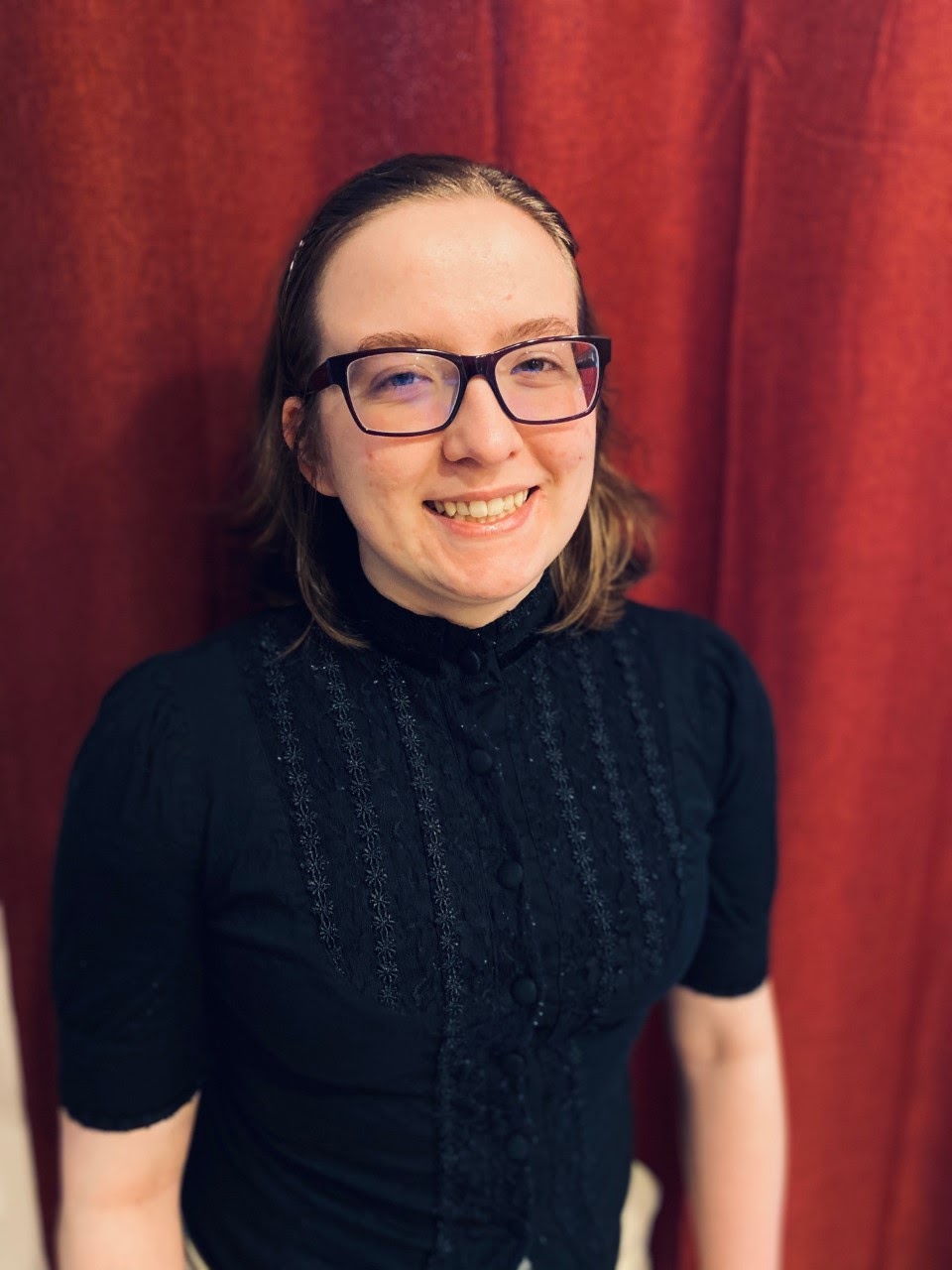
Back to top
